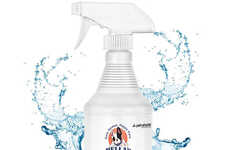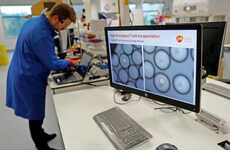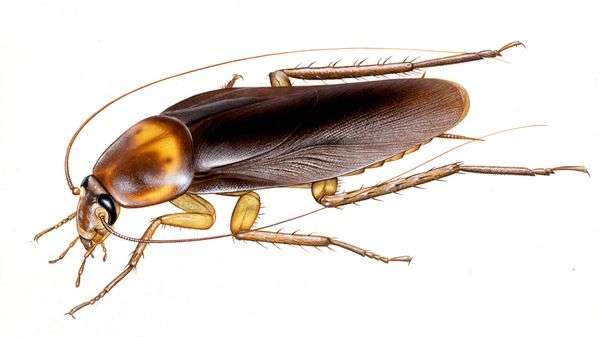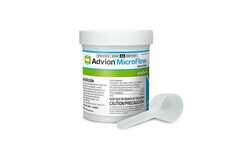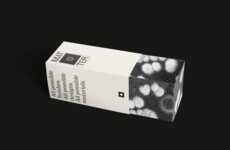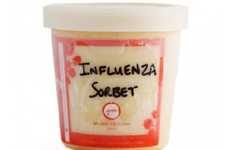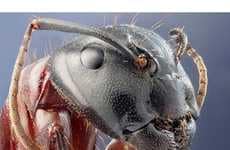
Antibiotics in Cockroach Brains Kill Deadly MRSA and E. coli Bacteria
Katie Cordrey — September 11, 2010 — Lifestyle
References: webmd & huffingtonpost
Antibiotics in cockroach brains may lead to new bacteria-killing drugs. Harmful bacteria have become increasingly resistant to antibiotics, so scientists have been looking to nature for alternatives. The fact that cockroaches often thrive in unhygienic environments led researchers to discover naturally produced antibacterial molecules in cockroaches.
These molecules that are found in the brains of these insects can potentially kill deadly bacteria like MRSA and E. coli. Experiments revealed that antibiotics in cockroach brains are effective and non-toxic to humans.
These molecules that are found in the brains of these insects can potentially kill deadly bacteria like MRSA and E. coli. Experiments revealed that antibiotics in cockroach brains are effective and non-toxic to humans.
Trend Themes
1. Nature-based Antibacterial Solutions - Exploring the antibacterial properties of natural substances, such as cockroach brains, as potential alternatives to antibiotics.
2. Bacterial Resistance Mitigation - Developing strategies to address the increasing resistance of harmful bacteria to traditional antibiotics.
3. Non-toxic Antibacterial Agents - Creating antibacterial compounds that are effective against bacteria like MRSA and E. coli, while being safe for human use.
Industry Implications
1. Pharmaceutical - Developing new drugs derived from natural sources, like cockroach brains, to combat antibiotic-resistant bacteria.
2. Biotechnology - Exploring biological solutions, such as naturally produced antibacterial molecules, for tackling bacterial resistance.
3. Healthcare - Implementing non-toxic antibacterial agents derived from cockroach brains to improve treatment options for MRSA and E. coli infections.
1.6
Score
Popularity
Activity
Freshness

